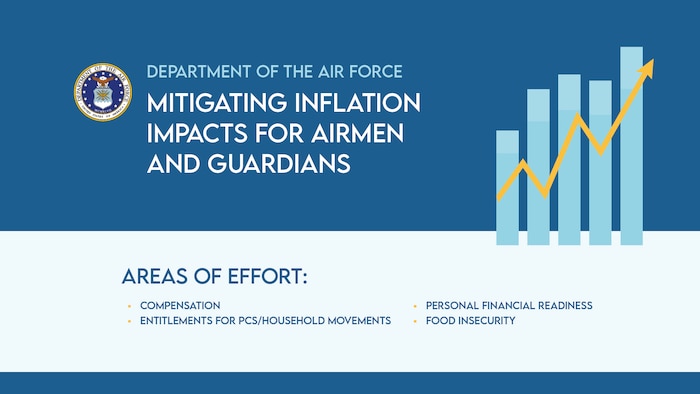Navigating Inflation’s Impact on Economy: Strategies for Stability
In the intricate dance of economic forces, inflation plays a pivotal role, influencing everything from consumer prices to global trade. Understanding the impact of inflationary forces is essential for developing strategies that promote economic stability and growth.
The Inherent Nature of Inflationary Forces
Inflation, at its core, reflects the general increase in prices over time. It is often influenced by factors such as demand, supply shocks, and monetary policies. The consequences of inflationary forces are multifaceted, affecting various aspects of an economy.
Consumer Behavior in the Face of Rising Prices
One of the primary impacts of inflation is felt by consumers. As prices rise, purchasing power diminishes, altering consumer behavior. Understanding how individuals respond to these changes is crucial for businesses and policymakers alike. Shifts in spending patterns can have ripple effects throughout the economy.
Investment Strategies to Navigate Inflationary Pressures
For investors, navigating an inflationary environment requires a strategic approach. Certain assets, like real estate and commodities, historically perform well during inflationary periods. Crafting a diversified investment portfolio that accounts for inflation helps mitigate risks and capitalize on opportunities.
Labor Market Dynamics and Wage-Price Spirals
Inflation often triggers adjustments in the labor market. Workers may demand higher wages to offset the increased cost of living, leading to a wage-price spiral. Businesses must navigate this delicate balance, considering both labor costs and maintaining a competitive edge in the market.
Central Banks’ Response: Interest Rate Adjustments
Central banks play a crucial role in managing inflation. They often respond by adjusting interest rates. Increasing rates can cool down inflationary pressures by making borrowing more expensive, affecting both businesses and consumers. However, these decisions require careful consideration to avoid stifling economic growth.
Global Implications: Trade Balances and Competitiveness
Inflation in one country can have global repercussions, impacting trade balances and competitiveness. If prices rise significantly compared to other nations, a country’s exports may become more expensive, potentially affecting its position in the global market. Global economic interdependence means that inflationary forces have far-reaching effects.
Challenges in Debt Management Amidst Inflation
Inflation poses challenges for borrowers and lenders alike. While borrowers may benefit from repaying loans with less valuable currency, lenders face the risk of eroding real returns. Effective debt management strategies must be dynamic, considering the inflationary environment to optimize financial outcomes.
Government Policies: Balancing Act for Economic Stability
Governments grapple with the task of balancing economic growth and inflation. Fiscal policies, taxation adjustments, and subsidies are tools employed to mitigate the impact of inflationary forces. Striking the right balance is essential for creating an environment that fosters both stability and growth.
Vulnerability of Fixed-Income Individuals in Inflationary Times
Fixed-income individuals, particularly retirees, are vulnerable to the impact of inflation. As the cost of living rises, the purchasing power of fixed incomes decreases. Planning and investment strategies that account for inflation are vital to ensure the financial security of those relying on fixed incomes.
Strategies for Individuals and Businesses: Flexibility and Diversification
Navigating the impact of inflation requires strategies that promote flexibility and diversification. Individuals should consider investments that historically perform well during inflation, while businesses may focus on adaptive pricing strategies and operational efficiency.
Explore more about Inflationary Forces Impact here.
In conclusion, understanding and navigating the impact of inflationary forces on the economy are paramount in fostering stability and growth. Whether you are an individual investor, a business leader, or a policymaker, adapting strategies to the nuances of inflationary environments is essential for success in an ever-evolving economic landscape.





